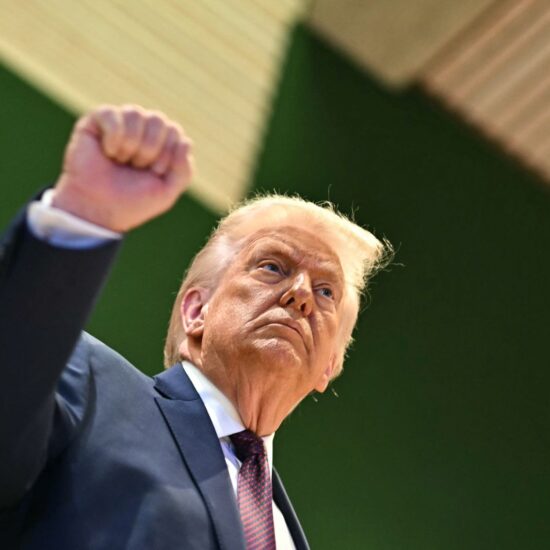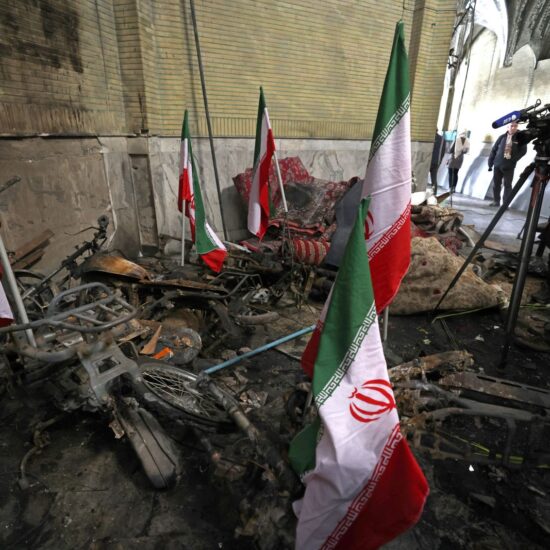
Lebanon finds itself once again teetering on the edge of escalation, caught between diplomacy and the realities of its fragmented political landscape.
In a recent statement, Lebanon’s Foreign Minister Abdallah Bou Habib expressed the country’s readiness to engage in indirect negotiations with Israel to reach a ceasefire amidst growing cross-border violence. His remarks highlighted the precarious balance Lebanon must maintain, especially with Hezbollah, the powerful Iranian-backed militia that operates outside state control. Bou Habib made it clear that while the Lebanese state would take the lead in any negotiations, convincing Hezbollah would be a critical challenge. This nuanced stance perfectly encapsulates the political paralysis that has gripped Lebanon and, more broadly, the region. It raises the question: can Lebanon break free from its inertia, or is the country bound by sectarian and geopolitical forces that keep it stuck in a perpetual cycle of stagnation?
Lebanon’s Diplomatic Balancing Act
At the heart of Lebanon’s political paralysis is its struggle to reconcile state sovereignty with the independent actions of Hezbollah. Bou Habib’s recent remarks underscore the difficulty of maintaining Lebanon’s sovereignty while dealing with Hezbollah, a group that has its own regional and international agenda. Lebanon’s government may express its willingness to negotiate, but Hezbollah’s considerable influence means that any such agreement would require their buy-in – no easy task considering the group’s ties to Iran and its resistance to compromise with Israel.
Lebanon’s internal divisions, especially between its different factions, exacerbate this paralysis. As Bou Habib pointed out, the Lebanese state is the actor negotiating with the international community, but Hezbollah, not being a state actor, remains a wildcard.
Geopolitical Limbo: Waiting for US Elections
The paralysis in Lebanon isn’t happening in a vacuum; it is heavily influenced by the shifting tides of global politics, particularly the upcoming US elections. As Washington’s focus turns inward, actors in the region are hesitant to make bold moves, waiting to see how US foreign policy might shift under a new administration. Will the next American president take a more hardline stance on Iran and Hezbollah, or will diplomacy prevail? This uncertainty has left key players, including Hezbollah, Israel, and Iran, in a holding pattern.
Lebanon, which sits at the intersection of these international tensions, feels the effects of this limbo acutely. The US elections loom large over the country’s future, particularly in terms of economic aid, military support, and diplomacy. Until the outcome of these elections is clear, Lebanon’s political elite may be reluctant to take definitive action, contributing to the sense of paralysis both internally and externally.
Domestic Stalemate: Lebanon’s Presidential Vacuum and Sectarian Gridlock
Beyond the external geopolitical factors, Lebanon’s internal political paralysis is deeply entrenched in its sectarian power-sharing system. The country has been without a president for years, and the divisions within parliament have made it nearly impossible to elect a new leader. This presidential vacuum is emblematic of the broader paralysis that plagues Lebanon. Each political faction – whether aligned with Hezbollah, or other groups – holds enough power to block progress, but not enough to push through necessary reforms.
Regional Inertia: The Price of Political Paralysis
Lebanon’s paralysis is not an isolated case – it mirrors a broader regional stasis. This regional inertia comes at a high cost. Tensions continue to escalate without leading to outright conflict, while Lebanon’s infrastructure crumbles, its economy collapses, and its people suffer from a lack of basic services. The longer the paralysis continues, the greater the potential for a sudden, catastrophic conflict that could engulf the entire region.
The Quiet Before the Storm?
Bou Habib’s remarks raise an important question: is Lebanon experiencing the quiet before the storm? While the country and the region seem stuck in a holding pattern, this stasis may be unsustainable. The US elections, a potential shift in Iran’s regional strategy, or a renewed Israeli offensive could quickly upend the current balance, leading to either a breakthrough in diplomacy or a devastating conflict.
As Lebanon teeters on the brink, it is clear that the status quo cannot hold indefinitely. Lebanon’s future, like much of the Middle East, hangs in the balance – waiting for the next move that will either break the deadlock or plunge the region into deeper turmoil.
Ramzi Abou Ismail is a political psychologist and researcher at the University of Kent.
The views in this story reflect those of the author alone and do not necessarily reflect the beliefs of NOW.








